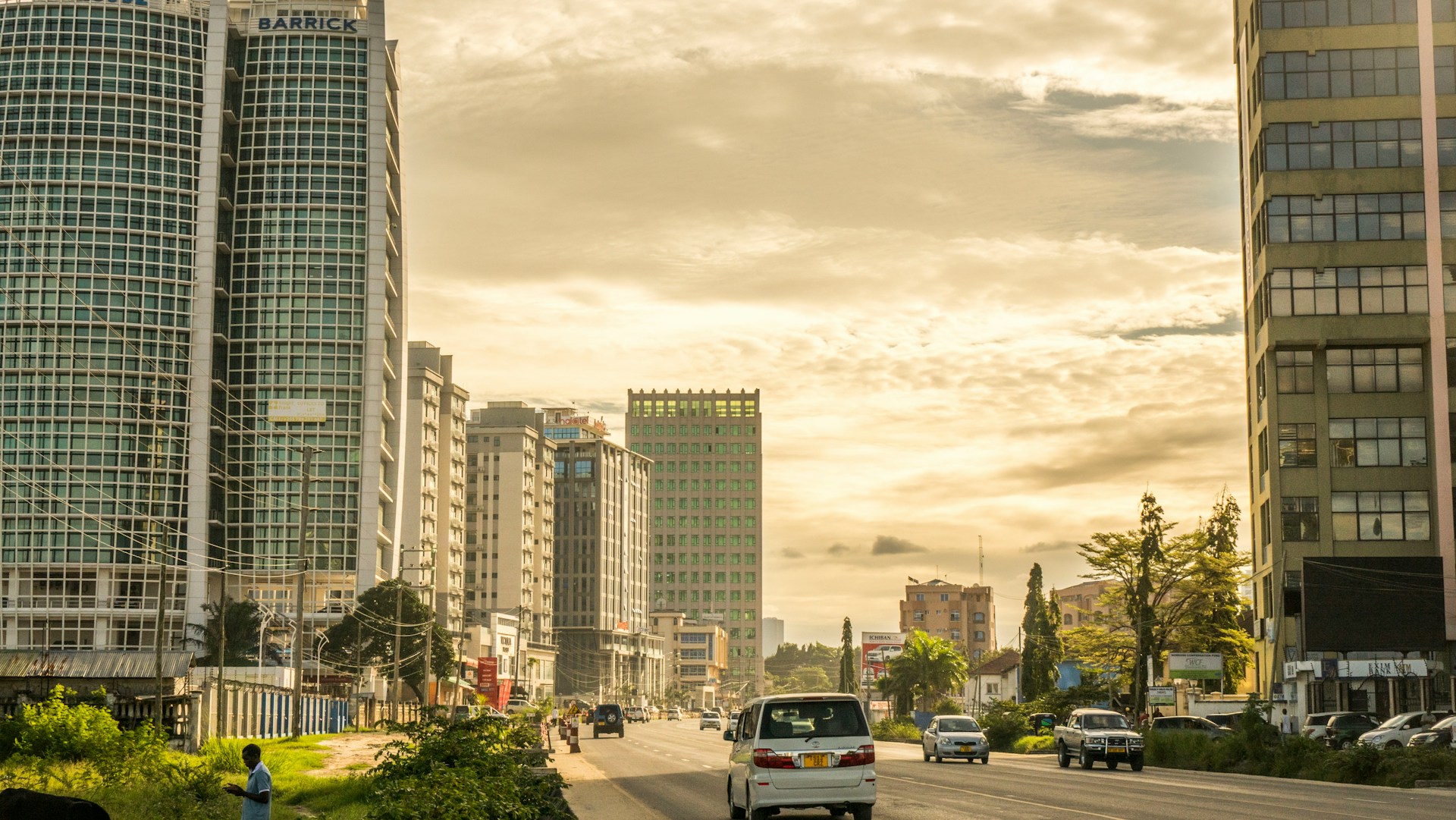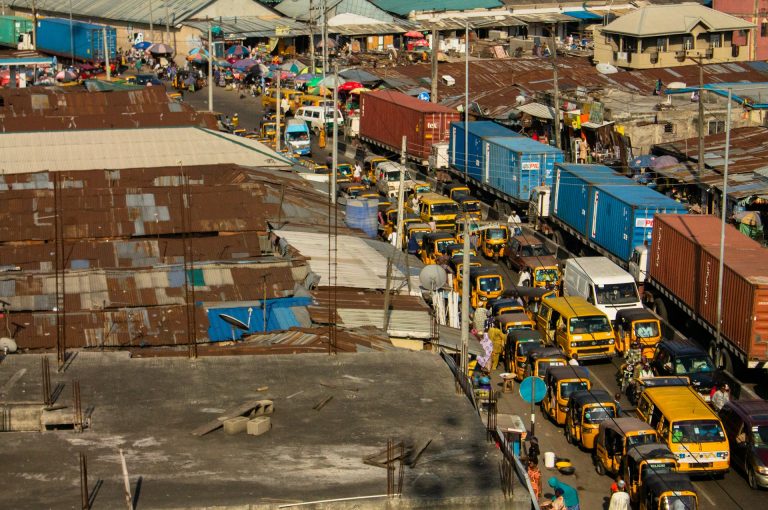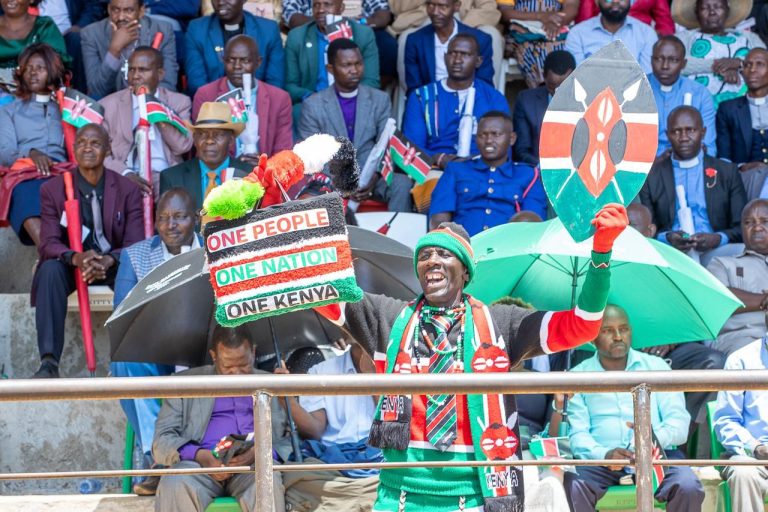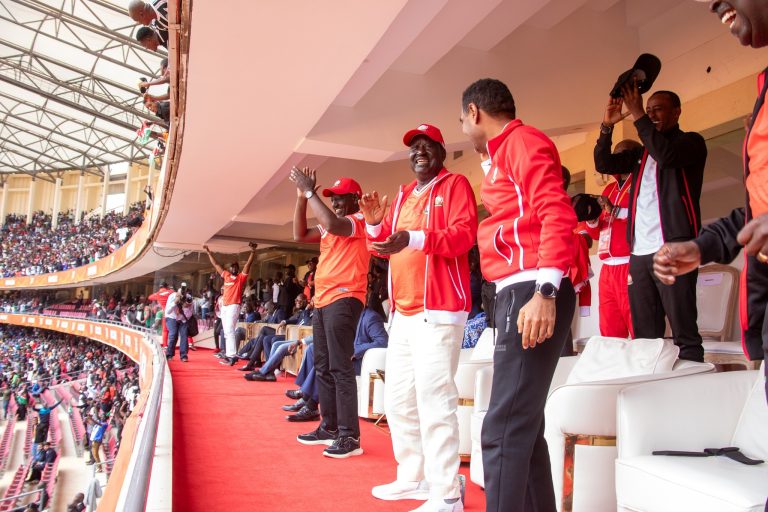- Tanzania holds rate steady at 5.75% amid growth optimism
- Central bank signals stability ahead of October elections
DAR ES SALAAM, TANZANIA – Tanzania’s central bank has kept its benchmark lending rate unchanged at 5.75%, signalling confidence in the nation’s economic prospects and price stability even as elections near.
The Bank of Tanzania said the decision reflects contained inflation, robust growth, and a stable external sector following July’s 25-basis-point rate cut – the first since early last year.
“The decision reflects the projection of stable inflation within the target range of 3–5%,” the bank said after its final Monetary Policy Committee meeting of the year. “The growth of the economy is also expected to remain strong.”
Headline inflation edged up slightly to 3.4% in August from 3.3% in July, marking its highest point since June 2023, according to the National Bureau of Statistics (NBS). Still, inflation has stayed around 3% for two years, underscoring the bank’s confidence in maintaining rates.
Strong growth and external stability
Mainland Tanzania’s economy expanded by 5.4% in the first quarter of 2025, compared with 5.2% in the same period last year. The Bank of Tanzania credited the improvement to gains in mining, agriculture, construction, manufacturing, and financial services.
“Growth of more than 6% is estimated in the second and third quarters, with similar momentum expected in the fourth quarter, supported by strong public and private investment and robust export performance,” Governor Emmanuel Tutuba said while announcing the rate decision.
The bank expects full-year growth of 7.3% in 2025, fuelled by construction, mining, manufacturing, and services.
External accounts have also strengthened. The current account deficit narrowed to 2.4% of GDP in the year ending September 2025, from 3.8% a year earlier, driven by increased export earnings from traditional crops, tourism, and gold. The Tanzanian shilling has appreciated 8.4% against the US dollar year to date.
Foreign exchange reserves remained robust at $6.7 billion at the end of September, providing five months of import cover. The bank noted that global ratings agencies Moody’s and Fitch recently reaffirmed Tanzania’s B1 and B+ ratings respectively, both with stable outlooks — an endorsement of the economy’s resilience.
Election test for investor confidence
The monetary policy decision comes as Tanzania heads to the polls on 29 October, a moment analysts say could test investor sentiment. The arrest of main opposition leader Tundu Lissu in April on treason charges – which he denies — has heightened political tension.
Lissu, who secured 13% of votes in the 2020 election, had vowed to boycott the October polls without electoral reforms. With his campaign derailed, observers say President Samia Suluhu Hassan’s ruling Chama Cha Mapinduzi (CCM) party, in power since independence, is well positioned to retain power.
Tanzania’s steady rate stance, backed by strong growth and a stable shilling, signals policy continuity even as political uncertainty looms – a balance the central bank appears determined to maintain.











